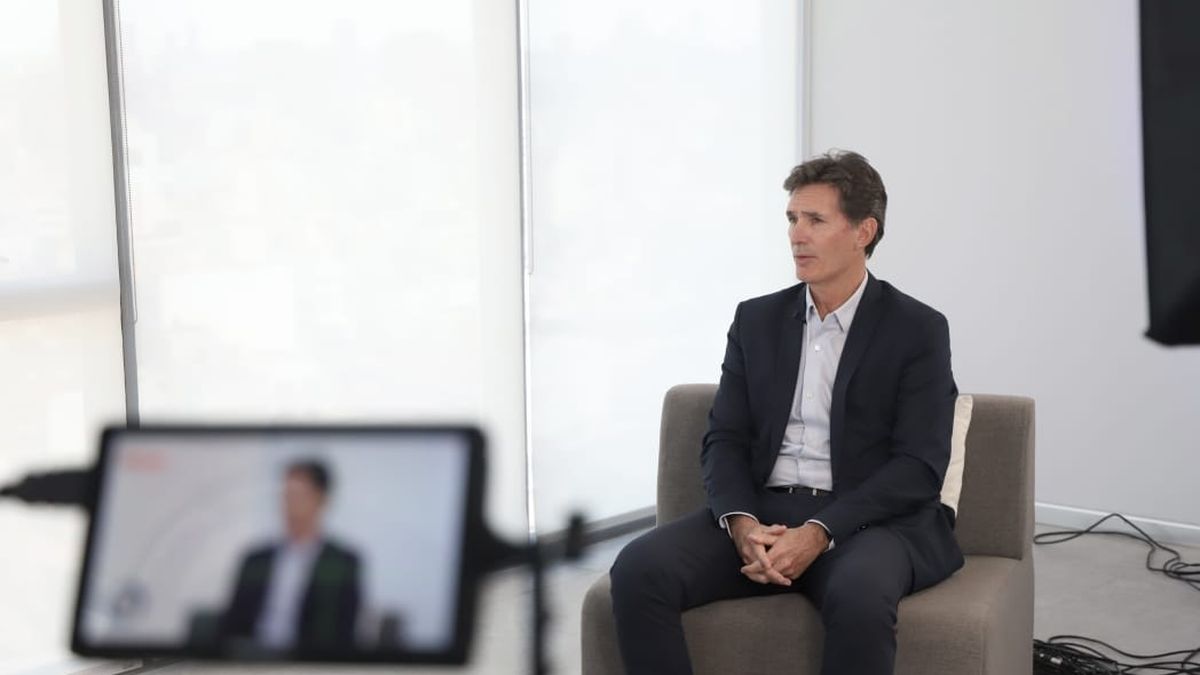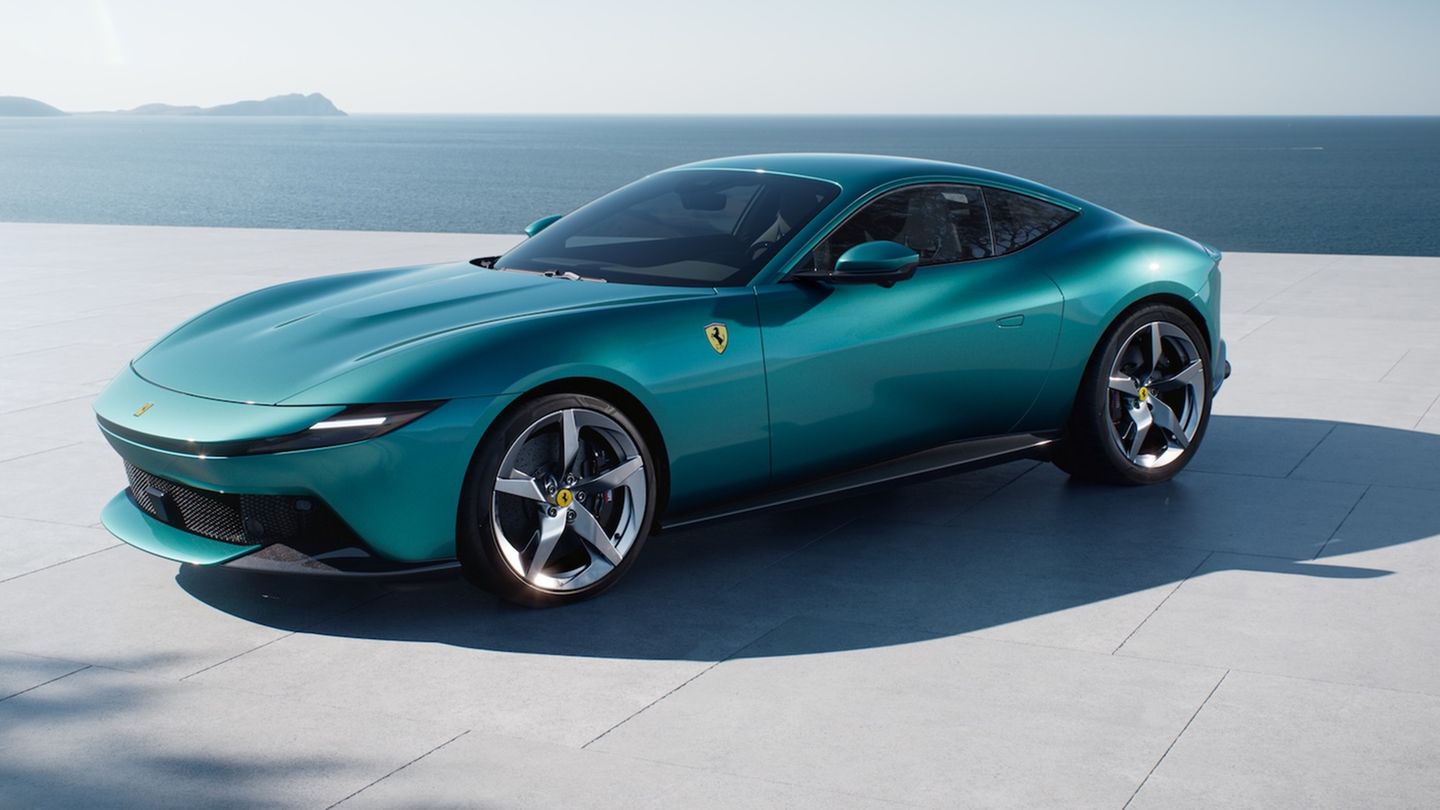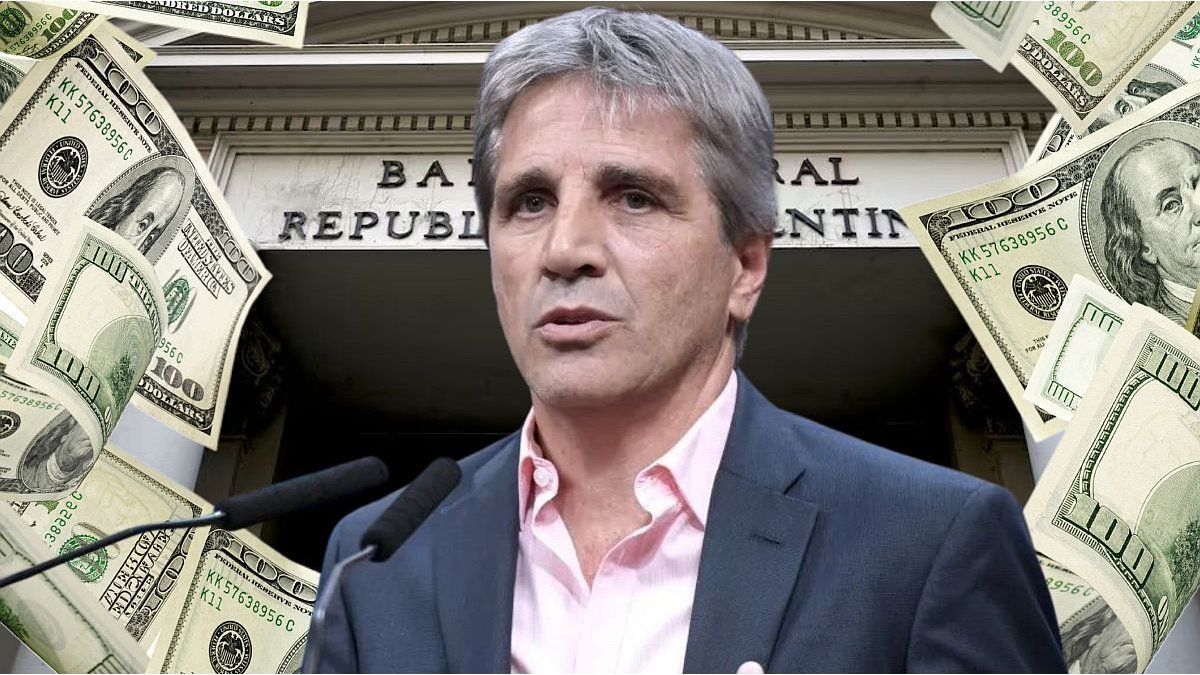Fernando Rodriguez Canedo, Executive Director of ADEFA, He referred to the challenges of the automotive industry when leading the fourth panel on New Mobility of Scope of Debate, where he highlighted the optimism prevailing in the sector after a difficult first half of the year.
Despite the positive outlook, Rodríguez Canedo considered that mobility “It is the most challenging issue facing the industry, because we are seeing a transformation not only at a local level, but internationally in the automotive industry” and also focused on the need for greater competitiveness, during the fourth panel on New Mobility of Ámbito Debate, moderated by Ámbito’s policy editor, Ariel Basile.
The ADEFA representative highlighted that five years ago the sector prepared the document Strategic Vision 2030, where they collected the axes of “the entire value chain, including auto parts manufacturers, dealers and unions.”
“The vision regarding mobility and new engines was defined. The pillars have to do with the fact that The industry will have to adapt to the needs of consumers and the requirements imposed by different governments in terms of emissions compliance,” he reviewed.
Working together with the government to encourage investments
Looking to the future, Rodríguez Canedo said: “We have an industry with 13 terminals, very competitive, that can adapt to these changes. We are working internally on a bill to give them some incentives to invest in these new models, but also to the consumer and to develop the infrastructure, which is a very important point for it to be successful.”
Regarding the initiative, he admitted that the previous government promoted a project of Electromobility Law, but clarified: “We have our own and we found the possibility of moving forward together on a new one from the government.”
“Although we are quite diversified in terms of the type of automotive production, we see that there will not be a single technology, but rather we will have to adapt to each of the segments. If countries or some urban center imposes requirements in terms of emissions, we will have to supply that demand for “electric vehicles”, advance.
In any case, Rodríguez Canedo clarified that “in the commercial segment, where we mainly produce pickups, We do not see them going to be electric in the short or medium term” and anticipated: “In long-distance freight transport we see that the technology will surely be gas, neither electric nor hybrid. And two or three years ago, the exploration of the hydrogen. It is a very wide range and the project should not be limited to any one in particular. We have to attract investment from any of these engines.”
Meanwhile, he said that Infrastructure development “will be the major determinant for the success of this transformation,” He stressed that “we are working well with the new government, to which we have proposed a short, long and medium-term agenda.”
Fernando Rodriguez Canedo.mp4
Expectation of investments and tax cuts
On the other hand, he stressed that Argentina “is much more backward” than other countries such as Brazil and Mexico. “I don’t know if the RIGI will compensate, but it will be a long-term public policy that will allow the terminals to sit down with their parent companies to discuss the possibility of investing in Argentina. The sector would qualify in technology, which gives you the signal of government support. We expect that investments can be announced in the coming months,” said the Executive Director of ADEFA enthusiastically.
He also admitted that each vehicle “has a very high tax burden, 25% of the exported price is taxes” and he explained: “A car that is not subject to the internal tax has a 64% tax burden and if it is affected by the first section it goes to 80% and in high-end cars the tax burden can reach 120%”.
For all this, he sentenced: “It is not feasible, especially in a world where most countries have agreements with each other and new players such as China are starting to appear.”
The demand for greater competitiveness
“If Argentina does not manage to become competitive quickly, we will lose those markets to which we export and that could put the industry at risk. The issue of competitiveness is the most critical and strategic point for the industry,” Rodríguez Canedo claimed.
However, he clarified: “We also understand the limitations of the government, which in eight months has taken a number of concrete measures in this direction, such as the decree so that exports exceeding a minimum amount do not pay withholdings.”
“The picture is not good, but we have clear signals and the outlook is positive. “in the sense that taxes will continue to be lowered and we will return to the levels we once had. Today we are halfway through the use of installed capacity, we have a lot of potential for growth,” he said.
Brazil, a relevant player
Asked about the future of the region, Rodríguez Canedo said: “We do not understand the automotive industry without a regional perspective, including Brazil, which today represents 65% of our total exports, “So it is a very relevant player and the only market that is growing.”
“We grew compared to the previous year and it allows us to compensate for some declines in other markets such as Colombia, Uruguay and Ecuador. The interesting thing is that there is a common public policy from 1990 to date with established rules that allowed Argentina to specialize in segments such as pickups and generate enough dollars to be able to import cheaper vehicles, which is where Brazil specializes. It allows us to complement each other from a commercial point of view,” he pointed out.
Meanwhile, he considered that China’s entry into the sector is “not a threat, but a challenge” and he puffed out his chest by pointing out that “from Argentina we have invested internally in technology and staff training, but We want to compete on equal terms.”
Finally, Rodríguez Canedo was optimistic about the future. “We are seeing growth in this second half of the year, we have seen it in the last two months. We had a difficult first semester due to the macroeconomic situation, but we are very optimistic about next year,” he concluded.
Source: Ambito
I’m a recent graduate of the University of Missouri with a degree in journalism. I started working as a news reporter for 24 Hours World about two years ago, and I’ve been writing articles ever since. My main focus is automotive news, but I’ve also written about politics, lifestyle, and entertainment.




